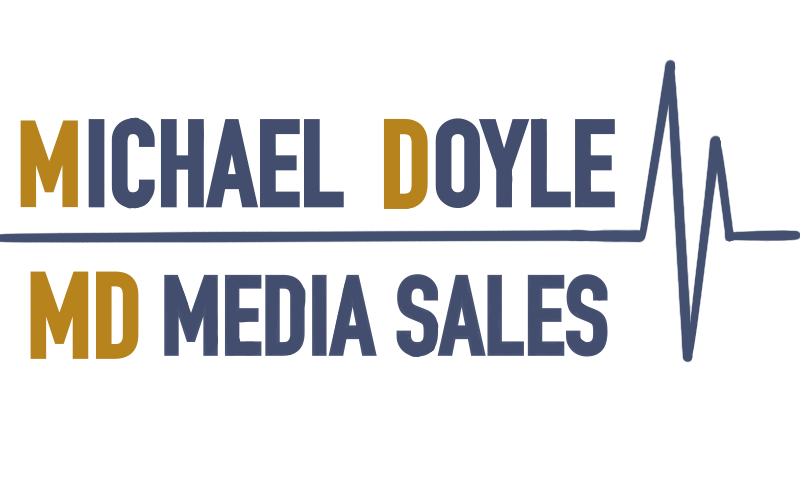How to Answer the Objection: Your Price is Too High.
If no one has ever told you your price is too high, then you aren’t in sales. Frankly, if I don’t hear this objection, I think I have underpriced myself. There are a number of great ways to answer this objection, and I will share my system with you.
1. Don’t discuss price early in the process. Avoid discussing price before you have a full picture of the clients key problems/needs, and a solution to help them solve those problems. Often prospects ask about price early because they don’t know what else to ask. We all want a low price - or at least a fair price. Expect it, and pivot to a discussion of their needs. It sounds like this:
a. “Our price can vary widely depending on which solution you use. Some of our customers utilize our lowest price options while others are looking for a more comprehensive solution, so the price would depend upon your needs. Can I ask you a question?” Then move to your needs analysis or customer discovery question. You can’t build a solution until you know what problem you are trying to solve.
2. Once you have presented a solution, if they object to your price being high, you need to answer their objection, and move back to the key attributes that really matter to the prospect/customer. It sounds like this.
a. Show empathy with the customer or prospect. To them, your price may look high because they are evaluating it only on the cost per basis - cost per desk, cost per commercial, cost per dental implant. When a prospect looks at price, they first see cost, not the net value to them. Also remember, they may be paid to drive down costs, so they be just trying to drive down your price. Here’s what empathy sounds like:
b. “I hear that a lot about our price being high. In fact, some of my best customers told me that when we first started doing business.” This validates the prospect’s position, and is not a typical answer. It also reinforces that others shared this objection, but are still doing business with you. This will get them thinking. Then say, “Why do you think our prices are high?” This provides the basis of your response. Whatever they say, you can agree with, and move back to your key advantages.
c. Stop selling the product, sell what the product does. If it’s radio commercials, you are selling ideas, and results. If it’s dentures, you are not selling teeth, you are selling better looks or self-image. If its computer software, you’re selling accuracy, ease of use, ease of implementation. If it’s a 2 inch drill bit, you’re not selling the bit, you are selling the 2 inch whole in the wall. No matter what product you sell, understand the benefit to the customer, and focus on that.
d. Sell a solution, not a product. You can compare the price of a product; you cannot compare the price of a solution. In media sales, you don’t want to be compared on a cost per thousand basis. Avoid being a commodity by doing better discovery or needs analysis meetings and providing complete solutions. It’s not just the product, it’s the experience, the implementation, the follow up, the results. Why the product matters is more important that what the product costs. Once you are selling on a cost per basis, you are a commodity and remember, your competitors can just lower their prices. Avoid commodities. Sell solutions.
3. Remember, the difference is you. As a salesperson (years ago) I had a client call me and ask me why he shouldn’t switch to our competitor who had 75% of the audience ratings we had, and only cost 25% as much. I told him that if he did switch,, he would lose me as his trusted advisor. And since we had built up a partnership based upon helping his business, he could buy cheaper commercials, but he would lose my expertise. He wasn’t buying commercials; he was buying the customers those commercials brought him.
He stayed with me.
Make yourself indispensable and price comparisons go out the window.

